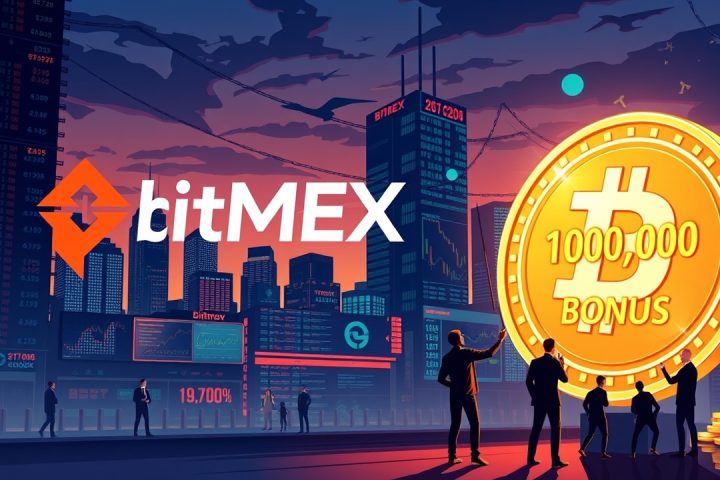Ripple’s Vision for the UK’s Role in Cryptocurrency
Ripple, a prominent blockchain company, envisions a future where the United Kingdom emerges as a frontrunner in the cryptocurrency market. This perspective was highlighted at the recent UK Digital Assets Summit, which was co-hosted by Ripple, Innovate Finance, and the UK Centre for Blockchain Technology.
Regulatory Frameworks and Second Mover Advantage
Mathew Osborne, the Policy Director for Ripple Europe, articulated this position at the event, emphasizing that the UK is already recognized internationally as a key player in financial services with considerable expertise across different sectors. Therefore, he asserted that implementing appropriate regulatory frameworks could enable the UK to capitalize on this position.
Osborne pointed out that regions such as the European Union, Singapore, and Hong Kong have advanced beyond the UK in establishing regulations for the crypto domain. Nonetheless, he characterized the UK’s situation as possessing a valuable second mover advantage, allowing it to learn from these examples to develop a superior regulatory environment that harnesses the benefits of digital assets while addressing associated risks.
The Need for Swift Regulatory Action
The urgency for swift regulatory action in the UK was a common theme among speakers during the summit. Many emphasized that establishing clear regulations is essential for fostering confidence among industry participants, which could lead to significant benefits, including:
- Rapid and efficient settlement processes for both domestic and international transactions
- Increased capital inflow to the UK market
This push for clarity reflects a larger sentiment that clearer guidelines on digital assets could position the UK as a global crypto hub, enhancing consumer protection as the standards for companies in this sector are elevated.
Calls for Comprehensive Regulations
The discussion isn’t new, with industry advocates having long called for comprehensive regulations to facilitate the growth of the cryptocurrency market in the UK. Although the regulatory body Financial Conduct Authority (FCA) has started to implement some rules, many in the industry feel that these measures fall short, necessitating a more ambitious and cohesive regulatory approach.
Participants expressed frustration over the FCA’s low approval rate for crypto licenses, which stands at just 14%. While a few notable firms, including Coinbase, PayPal, and BlackRock, have received approval, many companies—including Ripple—remain unlicensed. Consequently, Ripple has highlighted challenges in forming partnerships with UK banks, which are hesitant to engage due to the existing regulatory haze.
Future of Stablecoins and Tokenization
At the summit, stablecoins and tokenization were identified as pivotal elements for the growth of the UK’s digital assets ecosystem. Osborne underscored the importance of establishing legal frameworks that not only support the use of domestic stablecoins but also those developed abroad, noting that the sector currently represents a substantial $230 billion market with vast potential for expansion.
Despite the UK’s planned road to crypto regulation—including a consultation paper on stablecoins anticipated in 2025—Osborne urged the FCA to accelerate its regulatory processes. He also suggested that removing legal and regulatory barriers to tokenization could significantly benefit the market, allowing the UK to harness these innovations swiftly.
Conclusion
In summary, the discussions at the UK Digital Assets Summit reflect a growing urgency for regulatory clarity in order to position the UK as a competitive player in the global cryptocurrency arena.











